
The Betty Who Drama: Lesbians & Bisexuals Owe Each Other More Than This
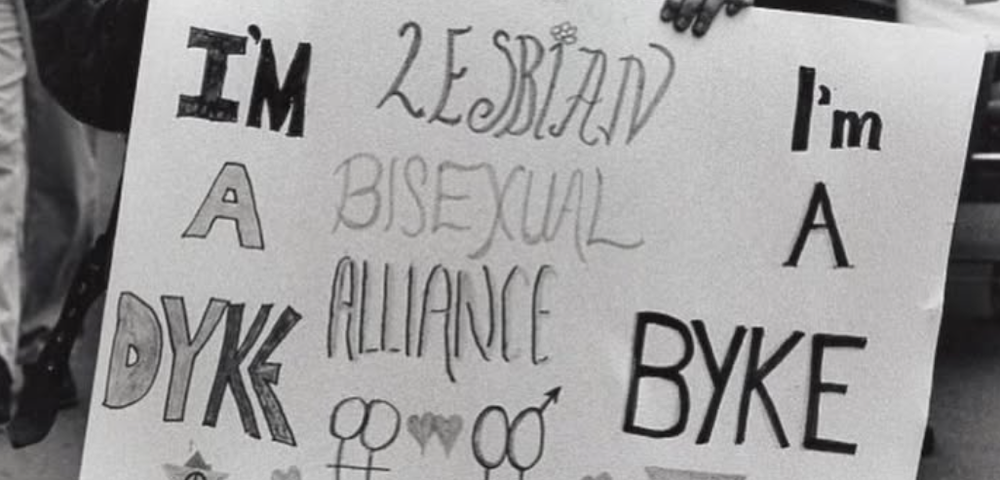
To say that lesbians and bisexuals have been up in their feelings these last few months would be an understatement.
Earlier this week, Australian singer Betty Who spoke on the Made It Out podcast where she and host, Mallorie Glownke discussed the sometimes fluid nature of sexuality and queerness as it relates to recent pop culture events.
Who, who identifies as bisexual and is married to a cishet man, said, “A huge part of queerness is identifying yourself and putting yourself under the alphabet mafia. Like ‘which one are you?’ and ‘if you change that, I will never forget it!’
“As much as it’s funny that Reneé Rapp is like, ‘you’ll never catch me dating a man’. it’s like, ‘go off, queen! I love that for you.’ But I also hold space for her in 10 years if she goes, ‘oops, I met the love of my life and it’s this man, I didn’t mean to.’ It’s like, that’s okay!”
“It shouldn’t be illegal for you to fall in love,” she added. “It’s kind of like, now we’ve come so far, that our community is so strong, that now it’s like a crime to be straight.”
The comments come only a couple months after JoJo Siwa, who previously identified as a lesbian, began dating Chris Hughes after the pair met on Celebrity Big Brother UK. Shortly after that, pop star, Fletcher who, although never exclusively identifying as a lesbian, aligned herself strongly with sapphic ideals and aesthetics, announced that she was dating a man in a new song, “Boy”. Its release saw her describe the creative process with phrases like “an act of liberation, I cracked”, as though she were somehow born anew, cleaner, and more whole now she was dating a man.
All of this, of course, is happening against a larger background of the ever-encroaching fascism we’re experiencing in our day to day, much of which is being felt through massively anti-queer legislation across the globe. Countries are redefining what it means to be a woman to exclude trans people from legally identifying as such, and US same-sex marriage is being challenged after barely a decade. Queer people are feeling the pinch.
Bisexual women in long term relationships with men- particularly white bisexual women, as TikTok user arielvelz so astutely noted- are scared of losing queer community and having an important aspect of their identity erased. Bi erasure is real, contributes massively to poor bisexual health outcomes, and is perpetuated by significant chunks of the monosexual population.
@ariavelz If you have the impulse to say these talking points, don’t! #lesbian #bisexual #queer #gay #lgbt ♬ original sound – Aria Velz
Lesbians, meanwhile, have spent their entire lives hearing tired old troupes that we’ll “eventually meet Mr Right” and straighten out, and we’re scrambling for authentic gay representation in a world where the word “lesbian” is regularly censored online. Of course, sexuality can be fluid and no one should remain beholden to their first coming out, but many of us are staunch in our complete lack of desire for men.
All of these things can be true at the same time.
In these conversations, it’s important to remember how our proximity to the patriarchy affords or denies us certain privileges. Bisexual women in relationships with men benefit enormously by being read as heterosexual, even if they themselves aren’t, whether they’d like to admit it or not. Much of the homophobia queer women face doesn’t stem from being attracted to women, but stems from not being attracted, or available, to men.
Naturally, race also factors into this. Siwa, Fletcher, and Who are all white women, and this whiteness is a huge influence on their identity. Before they are read as sexual beings, they are recognised as white first.
“White queers hold on to that queerness with all of their might because that is their one oppression card that they get to use,” as TikTok user pj explained.
@cursedprovolone666 #wlw #lesbiansoftiktok #bettywho #jojosiwa #fletcher ♬ original sound – pj
Where do we go from here?
The concept of intersectionality does not exist for us to play Oppression Olympics with, as feminist activist Elizabeth Martínez coined it. It’s a framework to help us understand each other, and the ways in which we can best deconstruct the system that’s oppressing us all.
With her comments, Who is perpetuating real and harmful ideas that don’t just harm lesbians, but sapphics at large. She wants to convince us that despite the legal and social protections her marriage with her (again, cis, straight) husband affords her, it’s these very protections, the same ones queers have fought decades for, that are marginalising her. She cannot pick and choose, and given the wider socio-political context the comments are being made in, we can’t let her get away with it.
Ultimately though, we have more in common with each other than we do with the likes of Who, Siwa, or Fletcher. Are you planning on going on a podcast any time soon?
If you feel ill at ease with the state of bisexual-lesbian relations online, I encourage you to get out into your queer community. Come together in dance and protest, in acts of love and service for one another. Get out to the vegan community dinner, the top surgery fundraiser, and the line dancing classes. Stick your fingers in the dirt or the paint or each other. Remember what brought us all together in the first place, and what’s kept us together so far.
View this post on Instagram





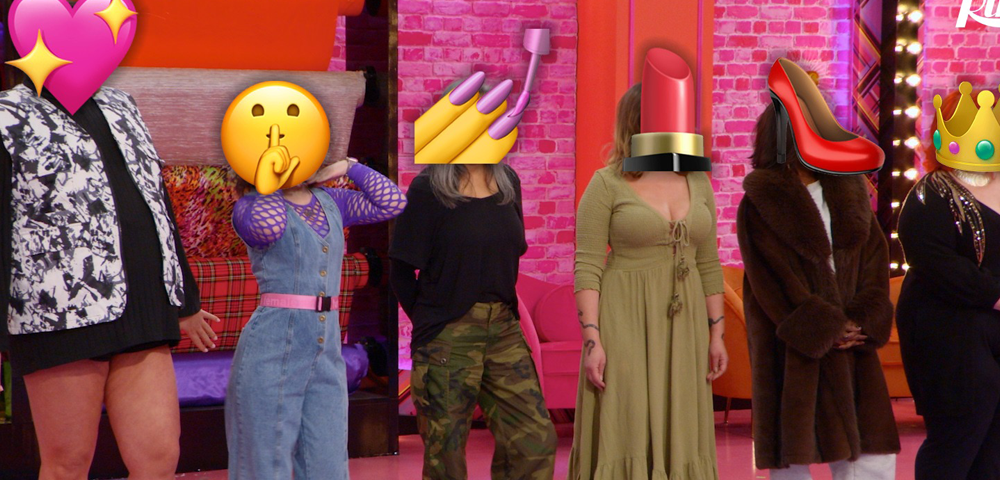
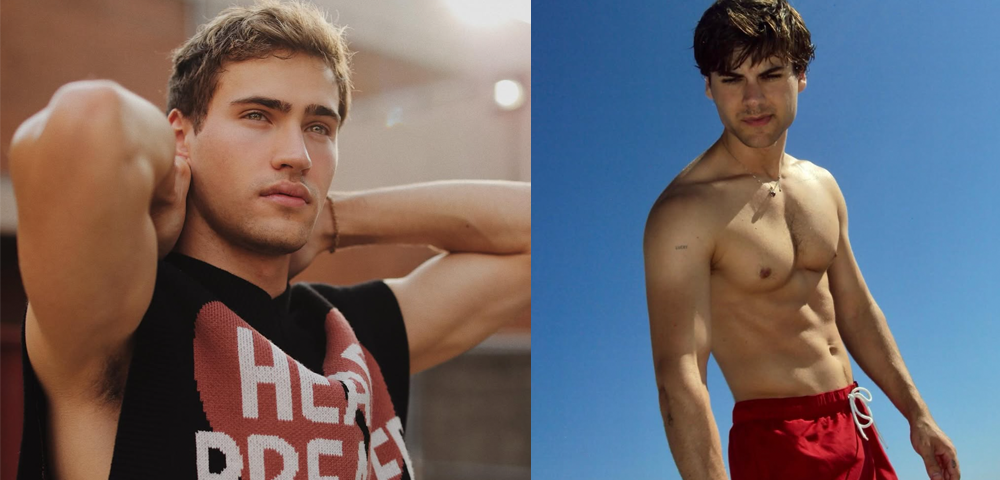
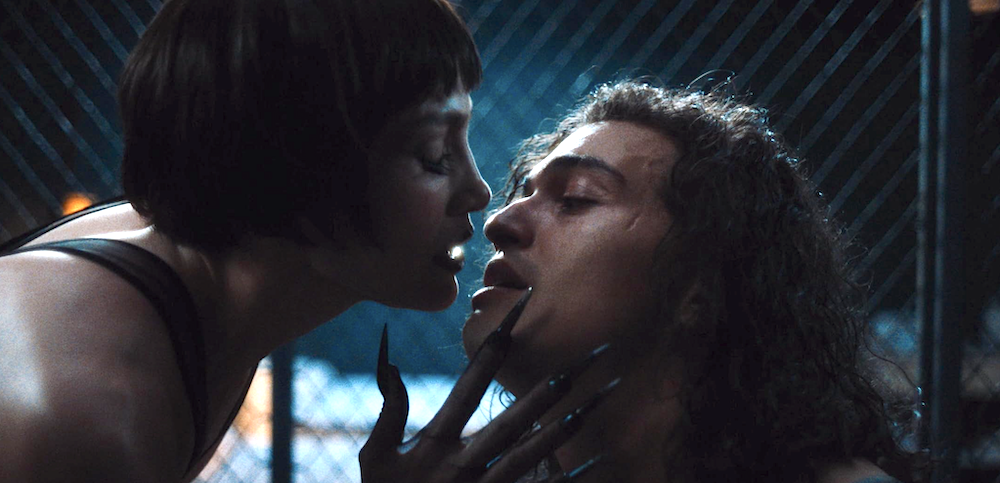
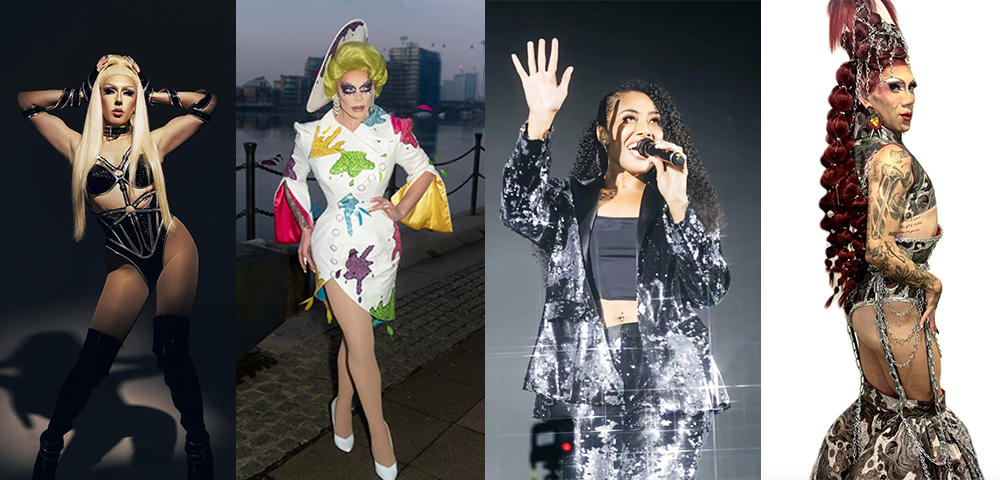

Leave a Reply